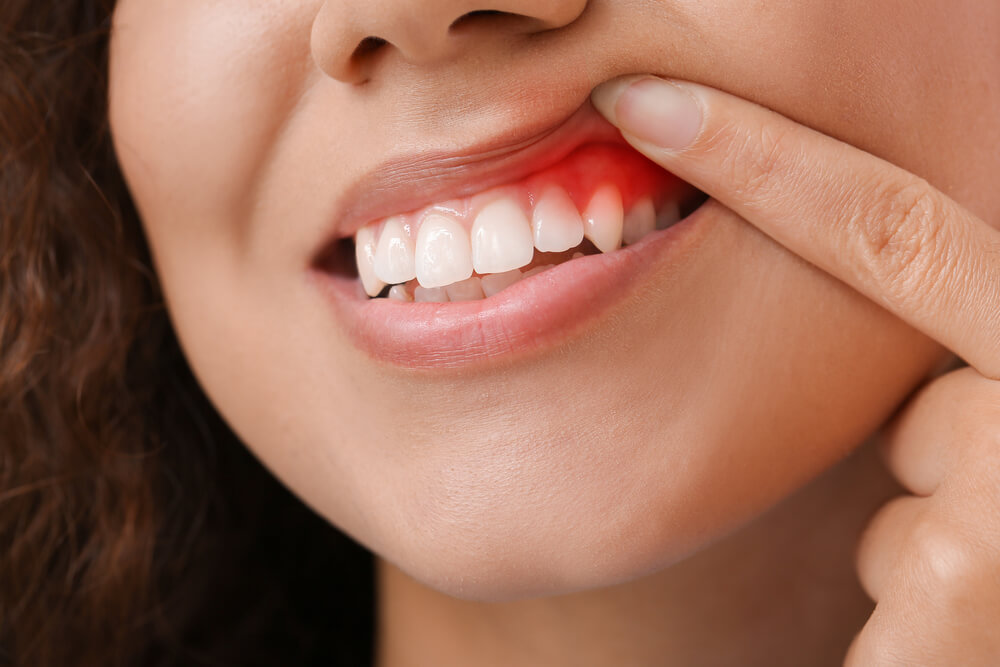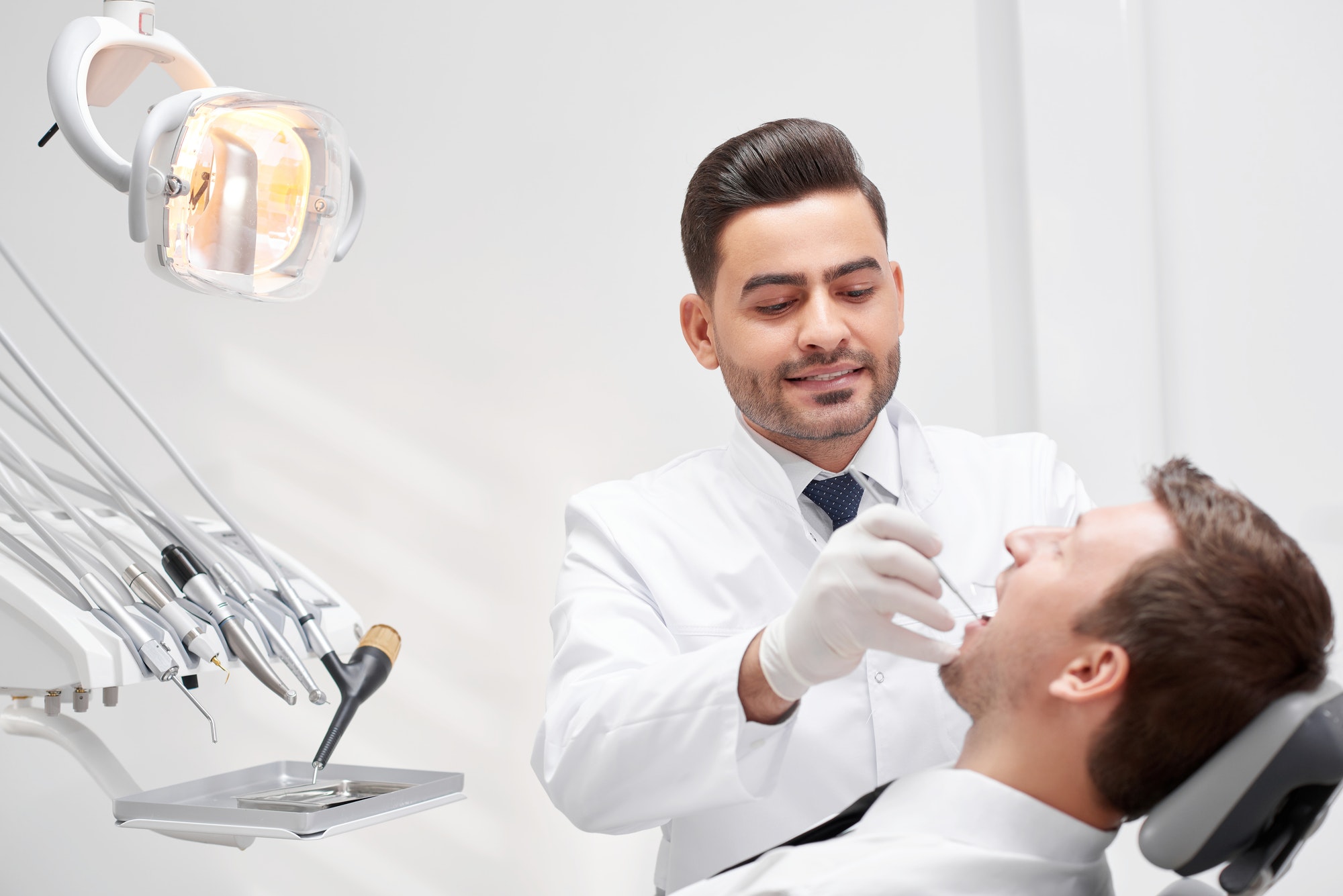
The department dealing with the surrounding tissues of the teeth is called ‘periodontology’, and the inflammatory diseases of these tissues caused by various reasons are called ‘periodontal diseases’.
Periodontal diseases are the leading cause of tooth loss in many young people and adults. This dental disease, which is diagnosed in the early period, can be treated. The most common periodontal disease is gingivitis, which we call gingivitis. In cases where gingivitis occurs, only the gums are affected and the gums are red in appearance and enlarged in volume. If left untreated, it can progress and cause serious and irreversible damage.
One of the earliest signs of gingivitis is the bleeding seen on the gums while brushing the teeth, and it must be seen and evaluated by the dentist. Not every gingival bleeding is caused by inflammation, sometimes gingival bleeding can occur due to improper brushing.
Periodontitis is the next stage of periodontal diseases that is more advanced. Damage occurs not only to the gums, but also to the gums and the tissues that support the teeth. As it progresses, the teeth begin to shake and can go up to extraction.
There can be many reasons for the formation of periodontal diseases. Especially smoking, systemic diseases, genetic factors, stress and factors related to nutrition can be counted among them.
Gum recession is the pulling of the gum over the root of the tooth, exposing the root surface and making it visible.
In some cases, recessions can be seen at a young age due to genetic and environmental factors. However, the likelihood of gum recession increases with age.
First of all, you should examine your dentist and get the most suitable paste and brush recommendation for you. Teeth should generally be brushed with a medium-hard brush, without much pressure, and the movements should always be from the gum to the tooth.
Gum diseases first start in the soft tissue, early diagnosis is important and if not treated, it can reach the tissues surrounding the tooth and eventually the bone. Gum recession occurs as a result of bone resorption due to infection.
Tooth sensitivity, plaque accumulation and bad breath due to oral hygiene, caries and tooth loss can be counted.
Smoking should be avoided as much as possible during the recovery period before and after the operation.
Gum diseases can be treated with non-surgical approaches when detected at an early stage. Dental and root surface cleaning is done, oral hygiene practice is given, if there is caries in the mouth, etc. treatment is performed, if any, and necessary treatments are applied in order to remove the microorganisms that cause gingivitis from the environment.
In case of advanced periodontal diseases, some surgical interventions may be required. With the treatment to be applied, the tartar in the deep surrounding the teeth is cleaned, a smooth root surface is provided and it is aimed to provide the patient with a more easily cleanable gingival form. In some cases, additional operations such as gum graft may be required due to gingival recession.
In many clinics, as in our case, examinations are free of charge. For this reason, it is the most important step to go to a regular dental check-up every 6 months for oral and dental health. Thus, if there is any problem in the mouth, it can be detected in the early period and treated.
Oral hygiene should be good in order to prevent plaque and food residues accumulating on the teeth from the formation of tartar. However, do not forget that although the formation of tartar changes depending on many factors, it is definitely seen in every person. For this reason, it is necessary to regularly clean the teeth from the stones by the dentist. It helps us to provide maximum cleaning when we brush our teeth after the scaling application.
Such regular controls and treatments enable the early diagnosis of any disease that may occur in the gums and early measures for the development of caries.
You can have our expert team call you by filling out the form below.
Our team will inform you about our services and appointment times.





Since 2011, our clinic has been serving its patients from abroad and has announced its quality and name both in Europe and England. As a result of our positive and warm approach to our patients, our foreign patient portfolio is increasing day by day in our clinic, which works with the reference system.